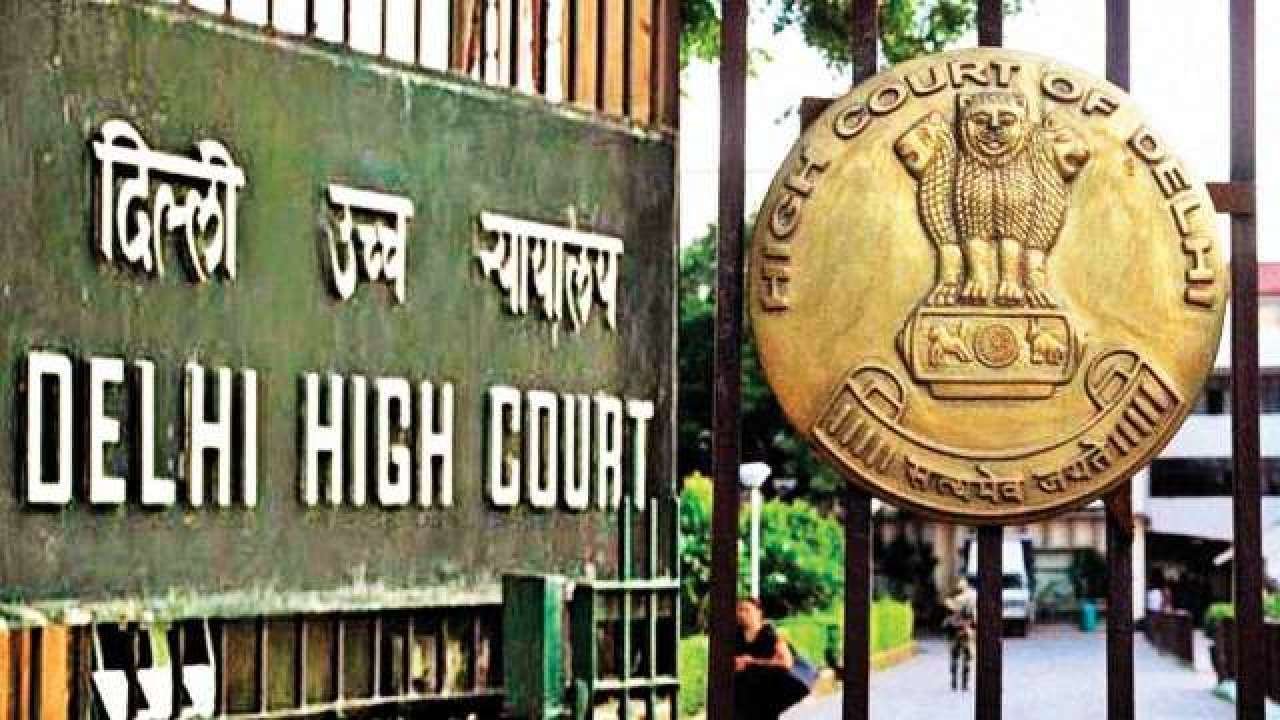The Delhi High Court, while upholding the protections offered by Article 20(3) of the Indian Constitution, recently ruled that an accused individual cannot be compelled to reveal the passwords for their electronic devices and online accounts.
This ruling came in the context of a conditional parole application for an accused in a case involving E-Sampark Softech and its directors, who allegedly defrauded United States (US) citizens of approximately $20 million through fraudulent phone calls from call centers based in India. Justice Saurabh Banerjee presided over the case. The Central Bureau of Investigation (CBI) had denied the arrest warrant, opposing the parole application on the grounds that the accused, a company director and the alleged mastermind of the fraud, had not disclosed the passwords for his electronic devices, email accounts, and cryptocurrency wallet.
Justice Banerjee, in the parole order, highlighted that the central issue in the case revolved around electronic evidence collected by the investigating agency from laptops, mobile phones, and other advanced devices. The Court determined that such evidence was secure from tampering.
While acknowledging that an accused is expected to cooperate and participate in the investigation to avoid hindrance, the Court emphasized that investigating agencies cannot compel individuals to provide self-incriminating information, even when protected by Article 20(3) of the Constitution.
Justice Banerjee stated, “Moreover, since the trial is ongoing, the applicant is entitled to the protections outlined in the Constitution of India and cannot be compelled to reveal passwords or similar information.”
According to the CBI’s findings, call center employees had impersonated various US government officials to intimidate US residents into making payments, using tactics such as threats of arrest, initiation of criminal proceedings, fines, penalties, or property seizures.
The defendant’s brother and father, who were also co-accused in the case, had been charged but not arrested, as per the defendant’s defense attorney. It was also noted that the applicant was the only defendant among twelve who had been detained, and the investigation into his case had been concluded.
The Court, after reviewing the case details, observed that the alleged wrongdoers were located overseas and had minimal proximity to the accused. Consequently, the Court found the likelihood of the defendant influencing witnesses to be minimal.
Furthermore, the CBI had not found any evidence of the applicant engaging in unlawful activities during his 203-day interim parole release, as stated by the defense.
Given these considerations, the Court did not deem the defendant to be a flight risk. It reaffirmed that until proven guilty, the applicant remains innocent, and incarcerating him would violate Article 21 of the Indian Constitution. Therefore, the Court granted the accused’s release under specific conditions.


